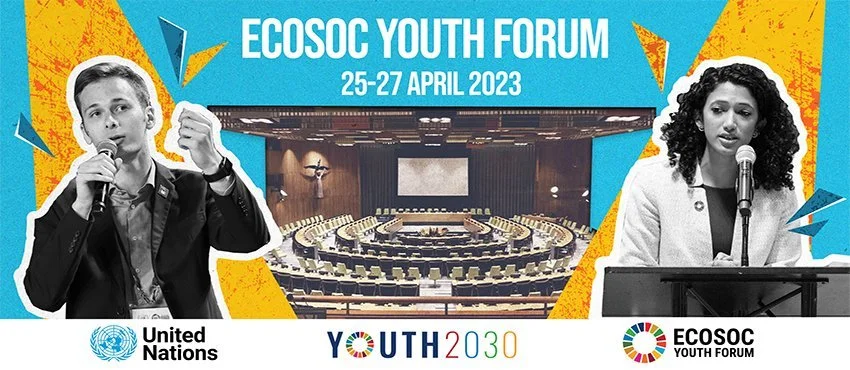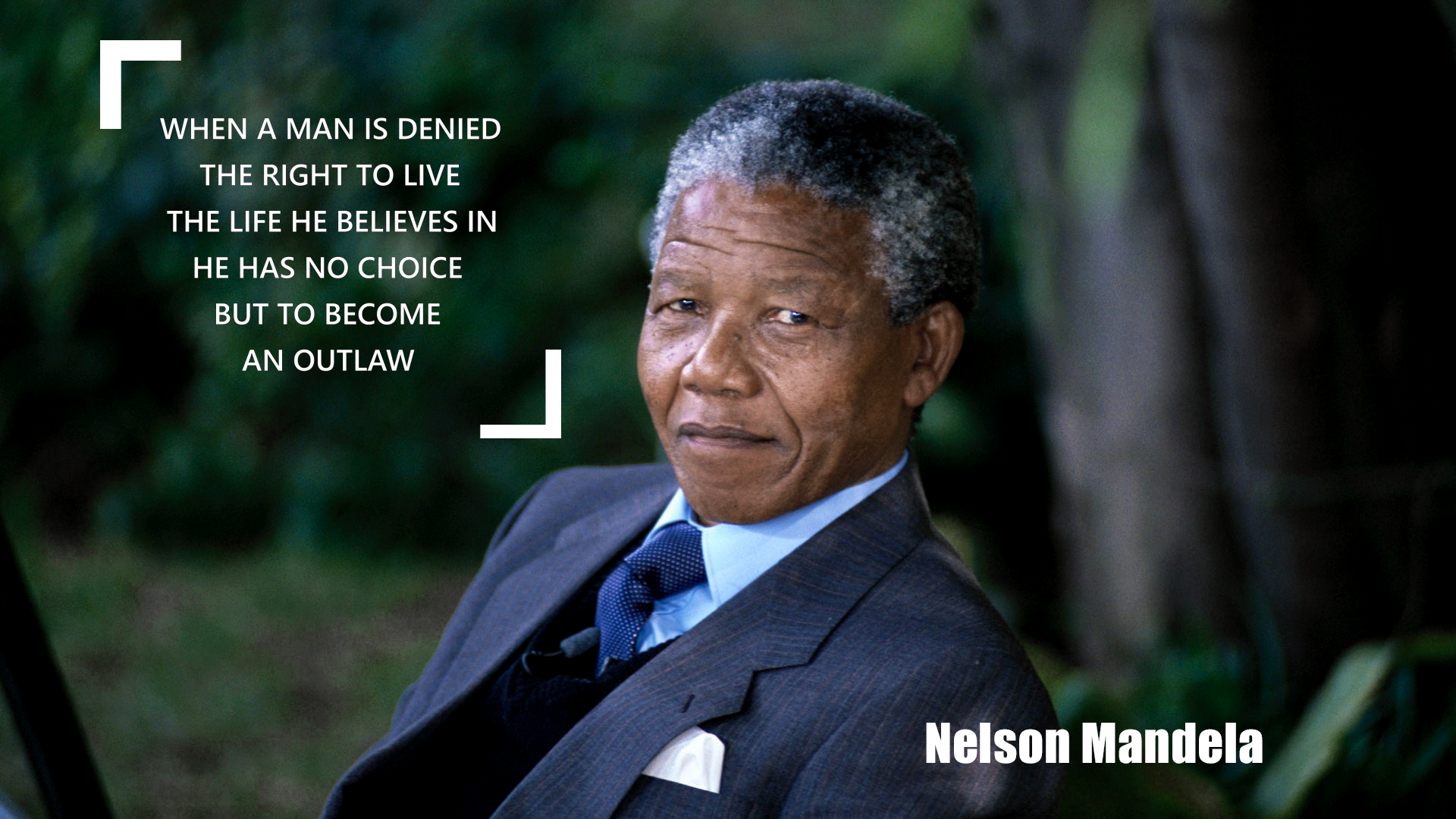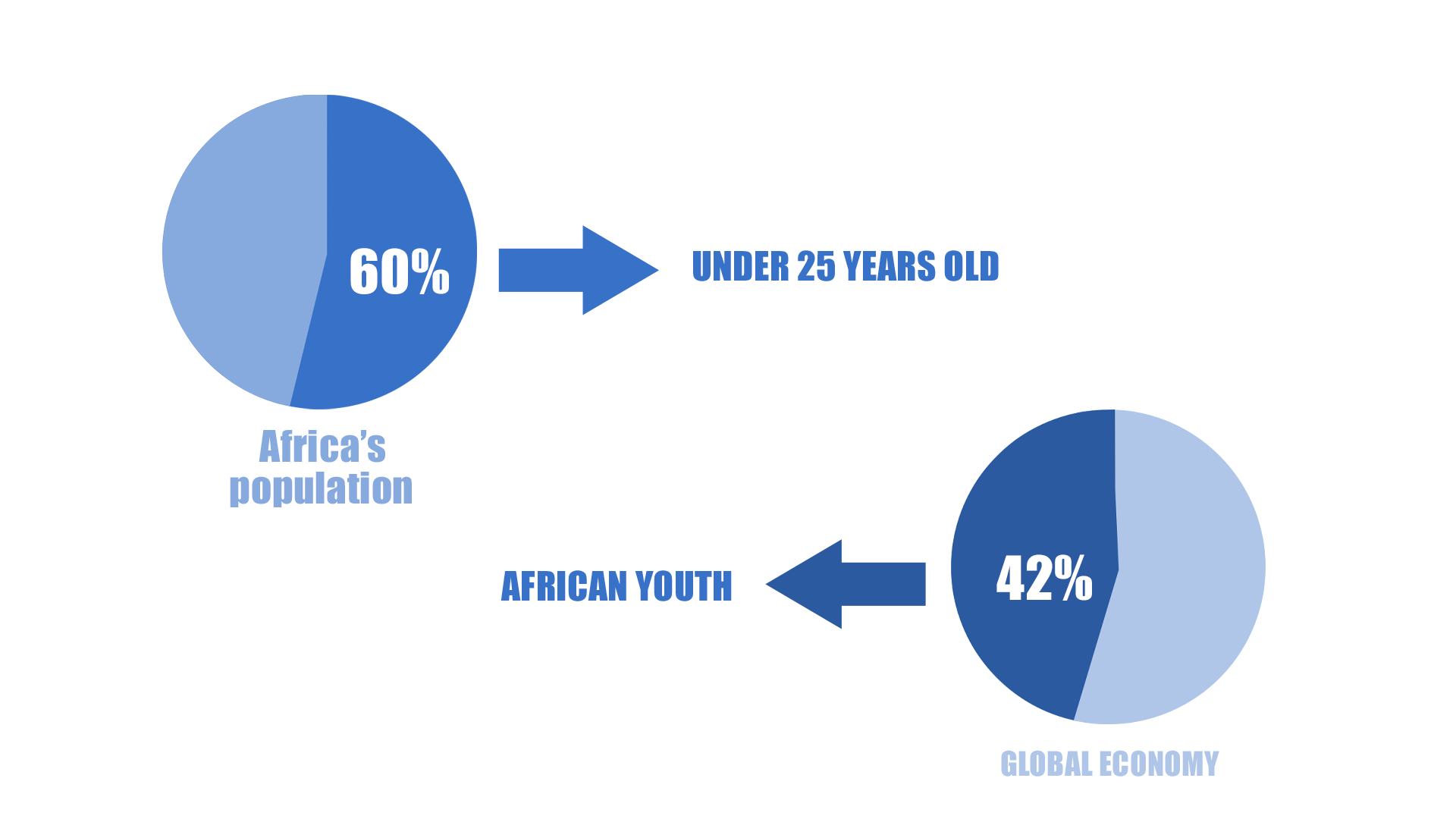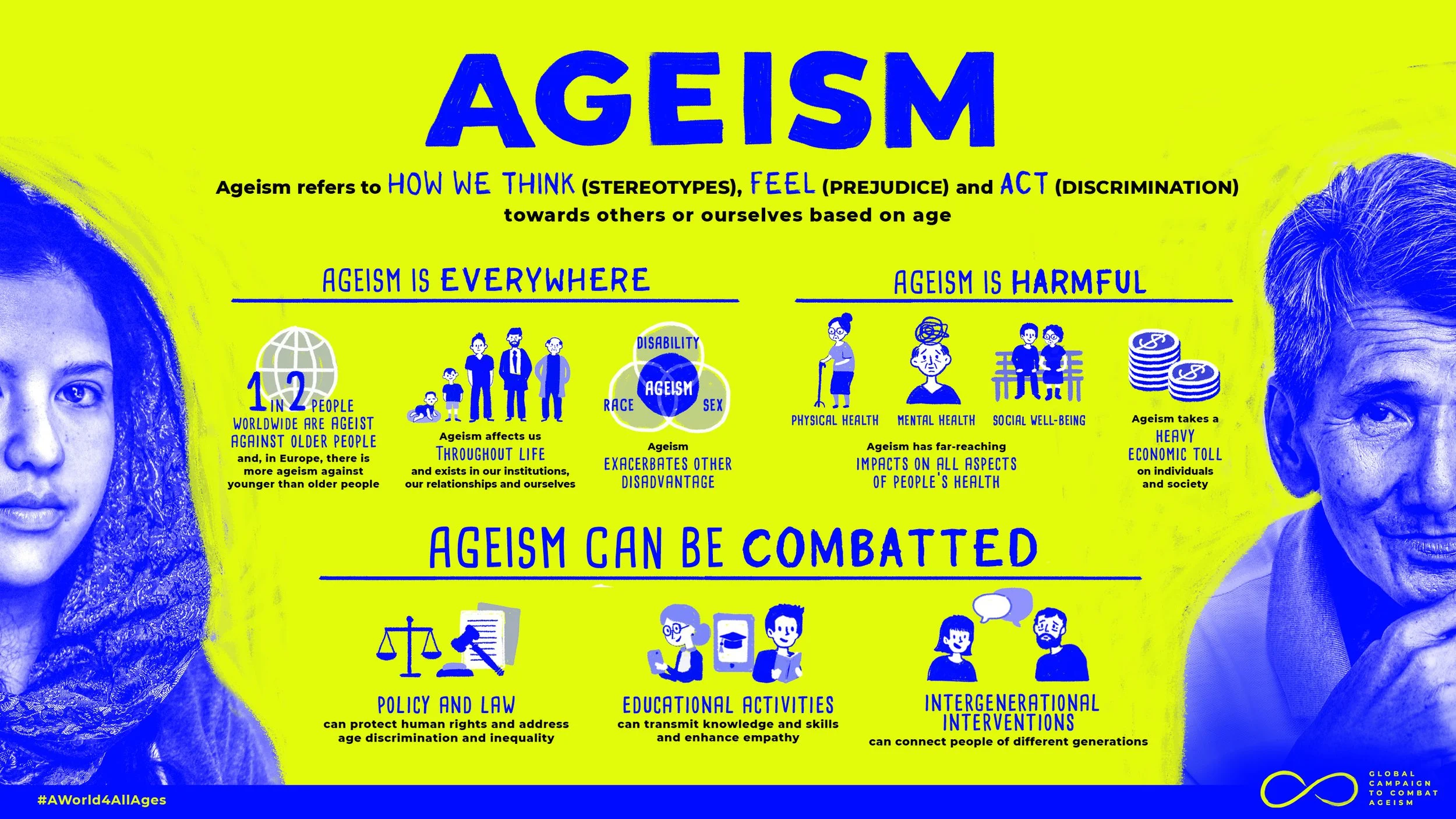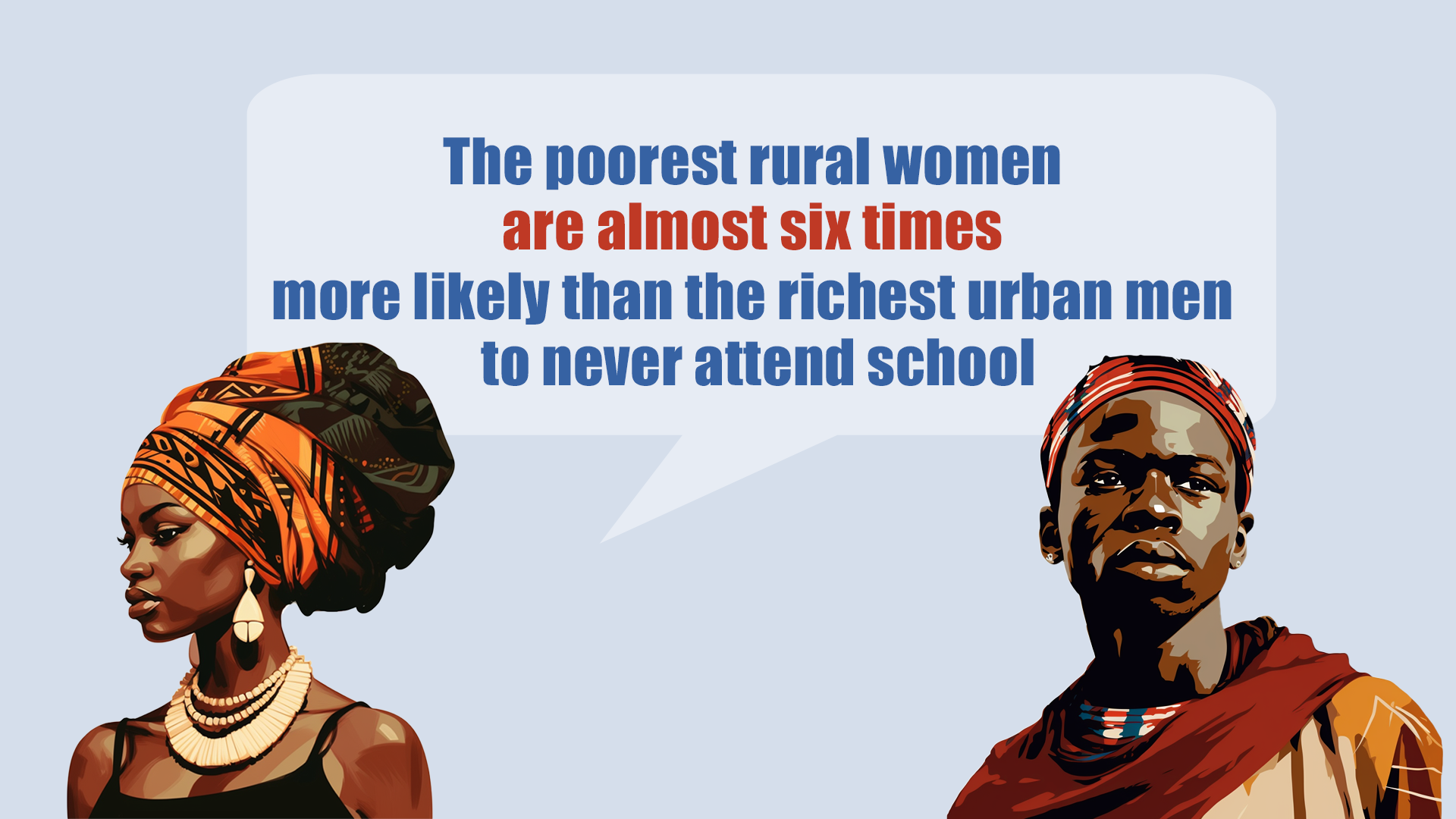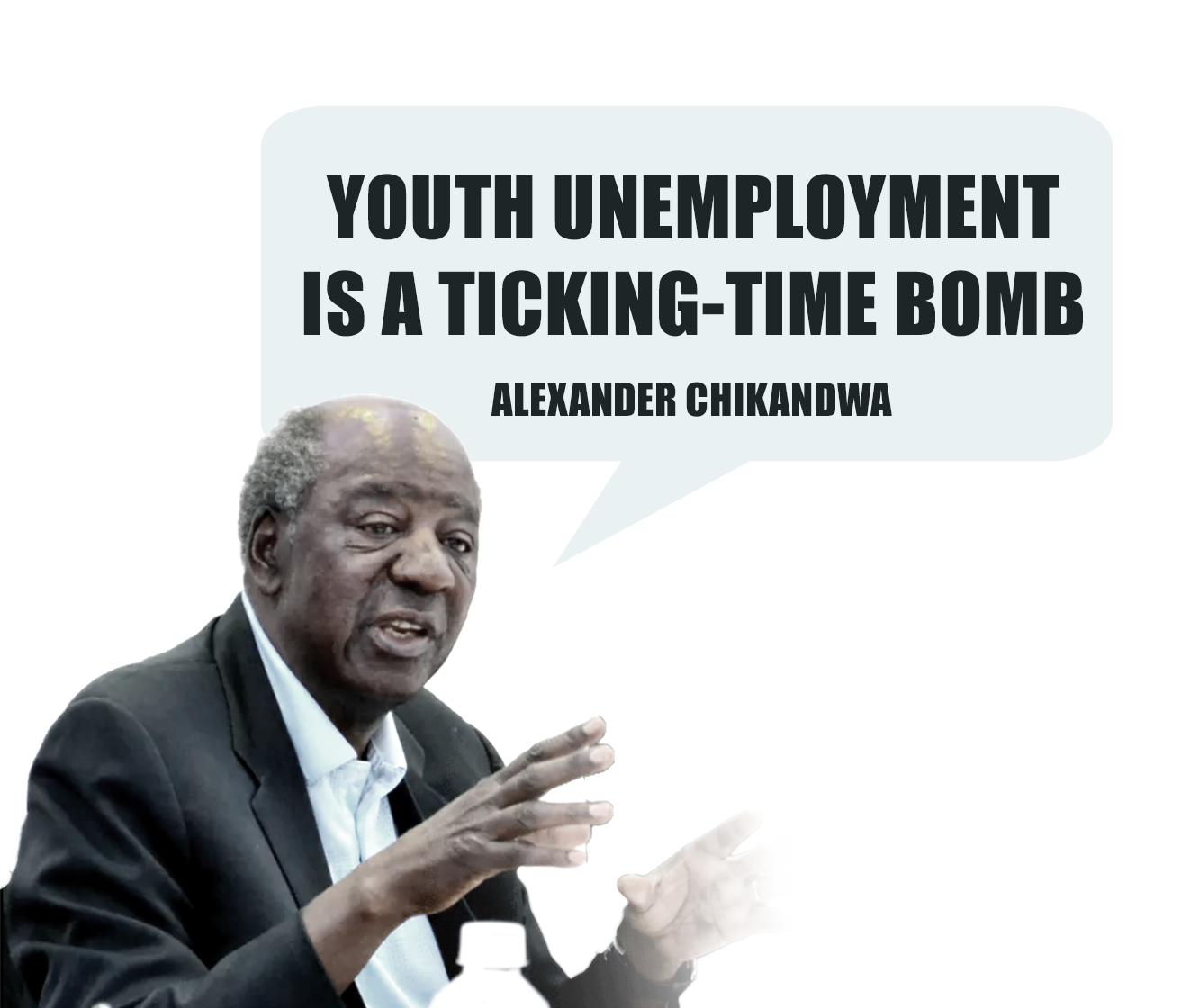Youth’s Challenges for Social Cohesion and Sustainable Peace in Africa
This article has been published in the framework of the Youth Forum that took place from 25 to 27 April 2023, organized by the Economic and Social Council (ECOSOC) of the United Nations, in a hybrid format. The Forum was meant to provide a platform for young people to engage in a dialogue with Member States and other actors to voice their views, concerns and galvanize actions on how to transform the world into a fairer, greener and more sustainable place guided by the Sustainable Development Goals (SDGs).
The Youth Forum gathered young people to share their recommendations and innovative ideas in preparation of the SDG Summit, to be held under the auspices of the General Assembly, in September 2023.
It is an opportunity to remind African leaders of their responsibilities to address key challenges faced by their youths for more social cohesion and sustainable peace. The article highlights key challenges faced by African youths, including, not limited to: high rates of youth unemployment, political exclusion, inequality, underrepresentation in policymaking sphere, compounded by the reality or perception that their interests are ignored or overlooked, challenges that have fueled young people’s discontent and mistrust of national governments.
Today, more than 60 percent of Africa’s population s under the age of 25. By 2030, young Africans are expected to constitute 42 percent of global youth. For any policy maker, this is obviously seen as a challenge: ore mouths to feed, more bodies to keep healthy, millions of jobseekers waiting in line. Importantly, there are concerns about how to equip youth for an increasingly evolving knowledge economy.
Inequality and Political Exclusion
In Africa, millions of today's youths are being failed by African leaders. They are bearing the burden of multiple inequalities: political, economic, social and cultural.
• Political exclusion: lack of participation in decision making and policy formulation
• Economic exclusion: no or little access to world`s wealth and resources
• Social exclusion: denial of access to essential services, such as health, education, or housing
• Cultural exclusion: discrimination, lack of identity, or lack of dignity
Youth are demanding political representation and a say in government policy. In terms of political inequality, young people lack forums and opportunities for political participation and influence. They are often underrepresented in influential government positions or in hierarchical systems that favor elders, and they lack forums for voicing their concerns and demanding government action. Where youth are able to participate in politics and policy-making processes, it is often the most privileged youth who can effectively make their voices heard and who ultimately benefit most from initiatives targeted at youth. Despite their strength in numbers and their creative potential, youth are largely excluded from formal political processes and continue to be subject to age-based systems of authority. Even though they will bear the brunt of the world's unsolved dilemmas, like the effects of climate change, they are marginalized politically. This sad fact is evident in adult-centric public policies and in social norms and values that usually fail to take into account of young people’s views, interests or voices.
Often within their own families and communities, young people have no influence over decision making. Young people must grapple with norms and behaviors that diminish the weight of their voices and reinforce inequality. From disproportionately large shares in unpaid family work to a denial of their right to sexual reproductive health, widely held perceptions can result in severe socioeconomic challenges for youth.
Measures of inequality often focus on economic inequality (by income, wage or wealth), and are calculated using indexes such as the GINI coefficient. However, in Africa, for example, inequality can be based on access to adequate living conditions, schooling, social networks, access to political forums or a decent working environment. Chronic social and economic inequality can range from unequal terms of international trade, to abusive working conditions, to entrenched political capture of policy influence. Girls and women, in general, face greater forms of inequality than their social peers and gender bias strongly reinforces all forms of inequality.
Many studies have shown that extreme economic inequality is bad for economic growth and compounds pre-existing inequalities between women and men and between those living in rural versus urban areas.
Inequalities between generations have grown at an alarming rate over the past few decades, paralleling the rise in the gap between rich and poor. The policies that enabled an outrageously large portion of the world’s wealth to accrue to the very top of the income spectrum have delivered a difficult present and uncertain future to a huge majority of today's youth. At the same time, young people possess the energy, creativity and passion to take on the intractable problems they have inherited from their elders. Less imprisoned by ideological and institutional structures, they have demonstrated the ability to think outside the box and develop innovative solutions. The youth population of the world is the largest it has ever been: 1.8 billion people between the ages of 10 and 24, the majority of whom live in urban areas of developing countries. Given their numbers, youth could offer many of the world’s poorest countries a “demographic dividend”: when today’s young people attain working age, they will far outnumber the dependent population.
Not surprisingly, youth are at the forefront of many of the world’s emerging political movements. They have delivered piercing critiques of the extent to which wealth and privilege have rewritten the rules of the system, shifted ever more economic risk to youth and barred youth from a fair say in the policies that affect their lives, resulting into youth`s frustration.
Youth Unemployment
Of Africa’s nearly 420 million youth aged 15-35, one-third are unemployed and discouraged, another third is vulnerably employed, and only one six is in wage employment. Youth face roughly double the unemployment rate of adults, with significant variations by country. Studies have shown that being unemployed during these formative years (15-35) makes one more likely to believe that success comes from luck rather than hard work or talent, and less likely to have confidence in public institutions.
Economic inequality indirectly and directly affects youth chances for productive and stable employment, a reality that has been exhaustively studied. In times of recession young people are first to lose their jobs, and the consequences for their career development are long-lasting
For example, in Africa, about 10 to 12 million young people join the labor market each year. Africa has one of the highest youth unemployment rates in the world, with more than 30 percent of young people without work. Among the employed young, the proportion of those who work in the informal sector is significantly higher than that of adults. This can be a source of instability if African leaders do not address the concerns of its young people. As Alexander Chikwanda, the former Zambia`s Minister of Finance put it succinctly, “Youth unemployment is a ticking-time bomb”. Lack of employment opportunities can undermine social cohesion, political stability and peace. Widespread youth unemployment can lead to a generation that is excluded socially and at a risk of poverty. For the few that manage to obtain a formal sector job, initial unemployment can have significant negative effects on lifetime earnings.
The persistence of the informal sector is also important. Workers in the informal sector are excluded from the protection of labor market institutions as well as any workplace-based insurance schemes or social security transfers. Gauging the extent of informality is difficult because of its nature.
Youth and Migration
Unemployment, political instability, violence, education and climate change have all contributed to young people about migrate to developed countries for better life, including getting jobs. Migration is an important phenomenon in our globalizing world; whether that migration is driven by social, economic or other factors. There is a significant body of research that examines the relationship between diversity and social cohesion, often confusing the concepts of diversity and immigration. While a whole host of benefits can be derived from migration, both to the host and source country, under some circumstances, it can put pressure on the social fabric of a community. For example, host country populations sometimes view immigrants with suspicion and blame them for the economic and social ills of the country. Failure to integrate migrants can lead to tensions that ultimately manifest themselves in conflict. Over the long term, it is also sometimes claimed that migration can have an impact upon national identity. The media and public opinion play an important role in determining whether desirable or undesirable outcomes are perceived.
Under particular circumstances, new arrivals to a country are considered to have put additional pressure on the job market, which can be a problem in countries already struggling to generate enough jobs for their citizens. This has been identified as an area of particular importance in small countries. Migrants may also be excluded from social services (for example, health care) and key institutions (for example, legal services) essential for cohesion. However, despite multiple advantages, migrants can provide to host countries, it has been noted that host country populations, sometimes, view migrants with suspicion and blame them for the economic and social ills of the country. Failure to integrate migrants can lead to tensions that ultimately manifest themselves in conflict.
Youth and the climate change
Society as a whole is worse off where there are high rates of youth unemployment, reluctance to listen to youth voices and a severe lack of opportunities for youth due to bias against their race, gender or ethnicity. Youth will face the consequences of the serious problems their elders have been unable to solve. The current generation of youth, particularly the poorest youth, will likely spend their whole lives struggling with the impact of the failure of the world’s governments to curb carbon emissions. In local communities around the world, the search for solutions—both practical and political—to living with climate change is increasingly falling to a new generation of young people. Deprived of job opportunities, young people had to choose between the three options: (a) leave villages to urban centers, with consequences on crimes and other security incidents; (b) opt to migrate to Europe, with sad situations that migrants face in oceans and host countries; (c) be recruited in armed groups and militias, constituting serious threat to security and stability in a country.
The sense of frustration, injustice and despair, as highlighted above, which pervades large parts of society, is the root cause to terrorism and violence. Unless addressed, these challenges constitute a real challenge to global peace.

